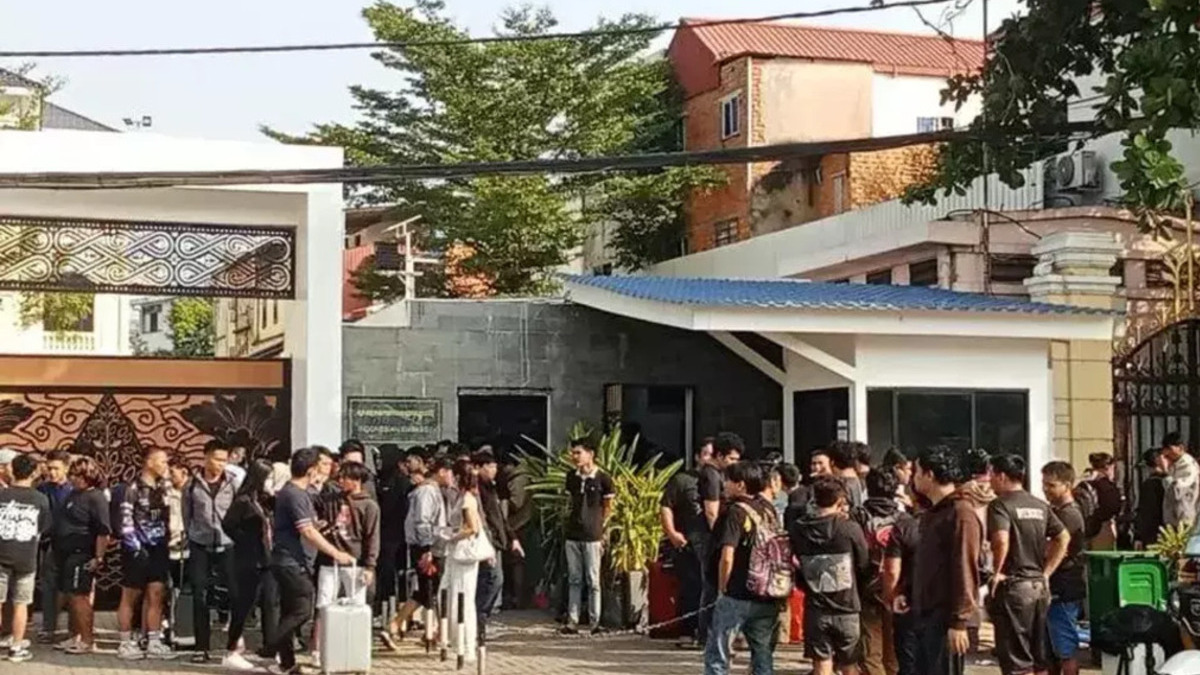Three charged in Singapore for allowing scam syndicates to use bank accounts
Three men have been charged in Singapore for allegedly allowing scam syndicates to use their bank accounts to launder illicit funds, part of a wider case involving S$1.6 million in scam losses. Authorities continue tightening laws against scam mules.

- Three men have been charged in Singapore for allowing their bank accounts to be used by scam syndicates.
- The case forms part of a wider probe into scams that caused more than S$1.6 million in losses.
- The incident comes amid tightening laws, including a proposal to introduce caning for scam-related offences.
Three men have been charged in Singapore after allegedly giving control of their bank accounts to unknown individuals, enabling scam syndicates to launder illicit proceeds.
The accused — Muhammad Danish Aqid Azman, 21; Mohamed Rizan Abdul Majeed, 43; and Deebenraj M Sivakumar, 30 — were charged on 3 November 2025.
According to the Singapore Police Force (SPF), the trio are among 17 suspects arrested for their suspected involvement in scams that led to more than S$1.6 million in losses.
The group comprises 14 men and three women aged between 17 and 45.
The remaining suspects are expected to be charged between 4 and 7 November.
Charges and court proceedings
The accused face charges of providing unauthorised access to a bank account and assisting others in retaining benefits from criminal conduct.
Court documents show that Muhammad Danish Aqid faces an additional charge of cheating. Both he and Mohamed Rizan allegedly handed control of their bank accounts to unknown persons in January 2025, while Deebenraj did so in October 2024.
Deebenraj’s account was reportedly used to transfer almost S$37,000 in illicit funds, though the amounts linked to the other two accused were not disclosed.
The court heard that Deebenraj intends to plead guilty, while Muhammad Danish Aqid is expected to face further charges later. All three have been released on bail.
Police investigation and enforcement
According to a police statement on 2 November, preliminary investigations revealed that the suspects had allegedly sold or relinquished their bank accounts and Singpass credentials to others.
These actions allegedly enabled syndicates to launder proceeds from scams.
As a result, the individuals involved will face restrictions on certain banking services, including digital and mobile banking, card-based payments, and ATM withdrawals.
Rising scam losses and tougher penalties
Singapore has lost more than S$3.4 billion to scams since 2019. Victims lost a record S$1.1 billion in 2024, and over S$600 million between January and August 2025.
Currently, those who allow their bank accounts or Singpass credentials to be misused for scams face a maximum sentence of three years’ jail and a S$50,000 fine.
In August 2024, an advisory panel recommended that such “money mules” face at least six months’ imprisonment.
Further legislative changes are under consideration.
The Criminal Law (Miscellaneous Amendments) Bill, introduced in Parliament on 14 October 2025, proposes discretionary caning of up to 12 strokes for scam mules.
Under the proposed amendments, members and recruiters of scam syndicates would face mandatory caning of at least six strokes, with up to 24 strokes possible depending on offence severity.











